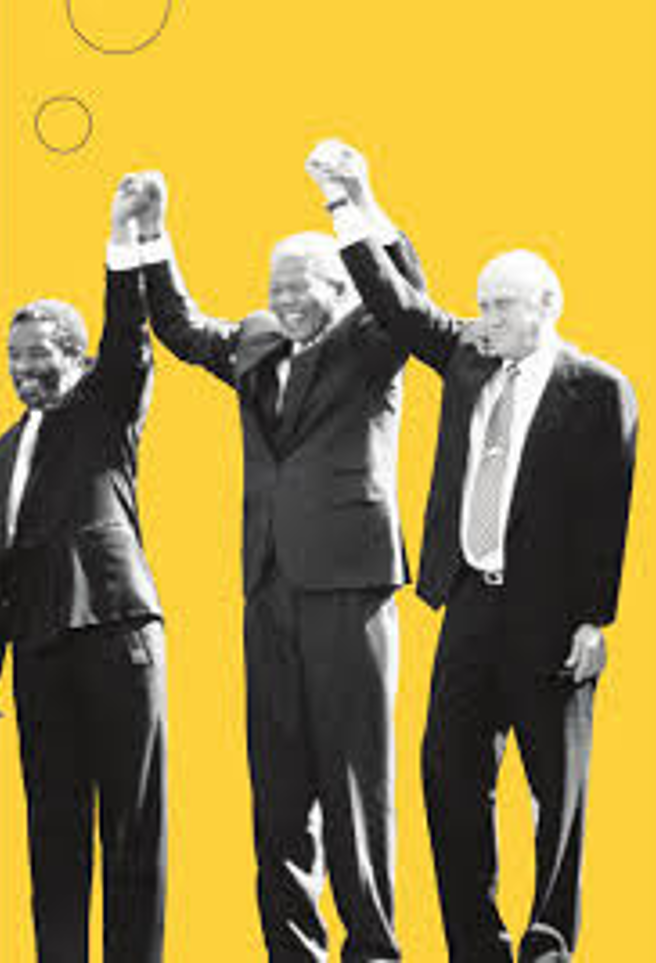December 16 holds significant historical and cultural meaning for South Africa. Known today as the Day of Reconciliation, it is a public holiday dedicated to fostering unity and healing in a country with a deeply divided past. This date reflects the country’s complex history, marked by colonialism, apartheid, and the long struggle for freedom and equality. While its roots stem from different historical events, the holiday symbolizes a shared commitment to moving forward as a unified nation. This article delves into the history of December 16, examining its significance for various groups, its transformation into the Day of Reconciliation, and its role in modern South Africa’s efforts to build a cohesive society.
The History of December 16: South Africa’s Day of Reconciliation December 16 holds significant historical and cultural meaning for South Africa. Known today as the Day of Reconciliation, it is a public holiday dedicated to fostering unity and healing in a country with a deeply divided past. This date reflects the country’s complex history, marked by colonialism, apartheid, and the long struggle for freedom and equality. While its roots stem from different historical events, the holiday symbolizes a shared commitment to moving forward as a unified nation.
This article delves into the history of December 16, examining its significance for various groups, its transformation into the Day of Reconciliation, and its role in modern South Africa’s efforts to build a cohesive society.
The Historical Significance of December 16
1. The Battle of Blood River (1838)
For Afrikaners, December 16 originally commemorated the Battle of Blood River, a pivotal event during the Great Trek in 1838. On this day, a group of Voortrekkers (Afrikaner pioneers) fought against the Zulu Kingdom near the Ncome River in KwaZulu-Natal. The Voortrekkers, led by Andries Pretorius, made a vow to God that if they were victorious, they would dedicate the day as a religious observance. Despite being heavily outnumbered, the Voortrekkers defeated the Zulu forces. The battle became a key moment in Afrikaner history, celebrated annually as the Day of the Vow or Dingaan’s Day. For decades, the Day of the Vow was used to promote Afrikaner nationalism, reinforcing the narrative of divine favor for their cause. It became a symbol of cultural and religious identity, particularly during the apartheid era, when the government used it to legitimize its policies of racial segregation and oppression.
